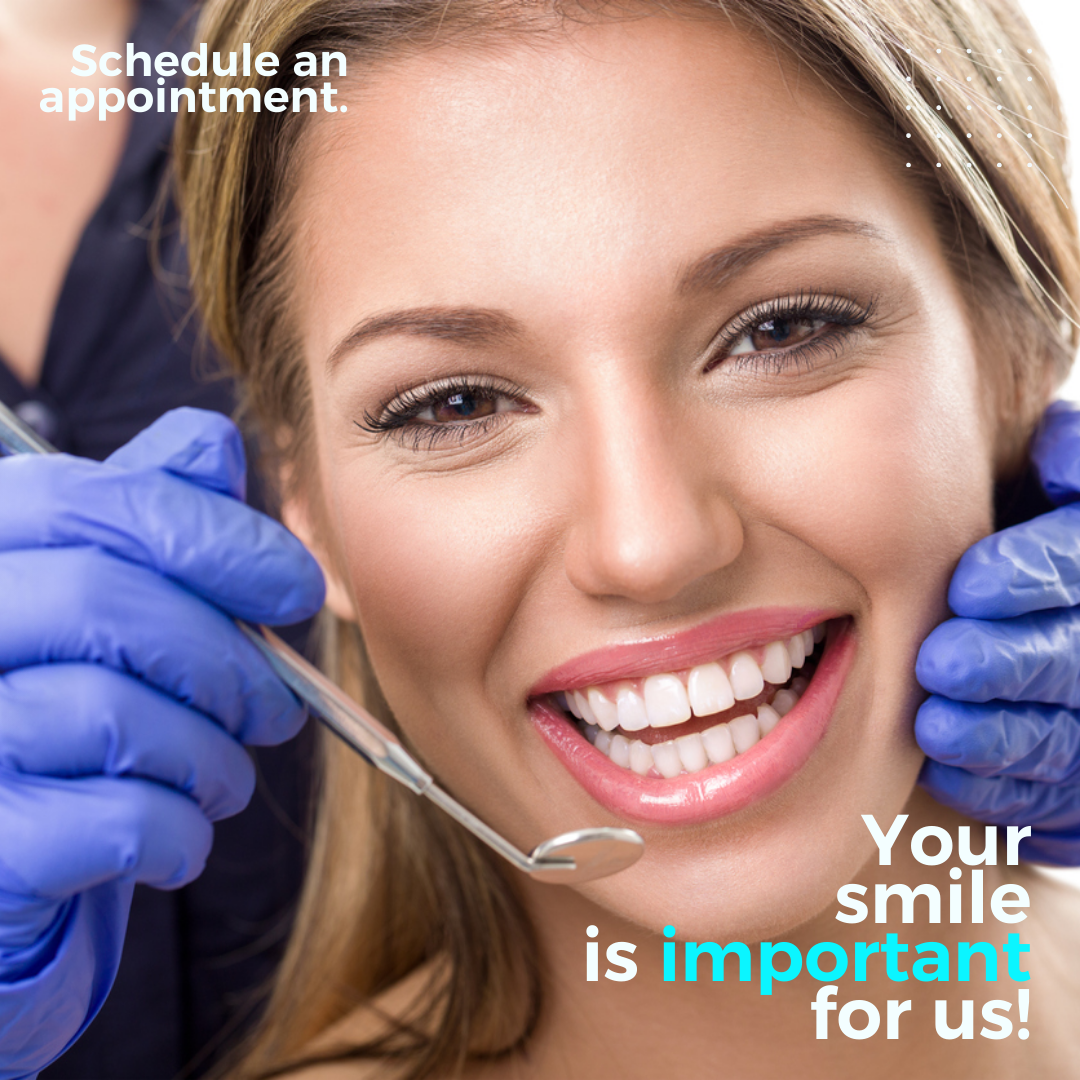🦷 Your Tongue Can Shape Your Smile — The Hidden Link Between Tongue Posture and Dental Health

November 8, 2025

👅 The Tongue’s Role in Oral Development
The tongue exerts constant pressure in the mouth — whether you’re eating, swallowing, or at rest. On average, it can produce up to 500 grams of force against your teeth and palate during swallowing.
That’s why even small postural differences, repeated thousands of times daily, can influence your dental alignment and jaw growth.
During childhood and adolescence, the tongue acts as a natural orthodontic guide.
When it rests correctly, it supports balanced facial and dental development. When it doesn’t, it can cause lasting bite problems or changes in facial appearance.
🧠 What Is “Tongue Posture”?
Tongue posture means how your tongue naturally rests in your mouth when you’re not speaking or eating.
✅ Correct Tongue Posture:
The entire tongue rests lightly against the roof of the mouth
The tip touches the ridge just behind the upper front teeth
Teeth are slightly apart (not clenched)
Lips are gently closed
Breathing happens through the nose, not the mouth
This posture helps:
Keep teeth in their correct position
Promote nasal breathing (which is healthier and filters air)
Maintain balance between muscles of the tongue, cheeks, and lips
❌ Incorrect Tongue Posture (Common Issues):
Tongue rests on the floor of the mouth
Tip pushes against or between the front teeth
Mouth stays open while breathing
Jaw muscles become imbalanced
Over time, these habits can push teeth forward or outward, cause crowding, or alter your bite (occlusion).
🧒 Tongue Habits in Children — Setting the Foundation
Children’s jaws and teeth are still growing, making them highly responsive to tongue and muscle forces.
Certain habits during growth years can disrupt this balance:
Common Harmful Habits:
Tongue thrusting: Pushing the tongue forward while swallowing or speaking
Thumb sucking or pacifier use beyond age 3–4
Mouth breathing (due to allergies, enlarged tonsils, or nasal blockage)
These can lead to:
Open bite — front teeth don’t touch when biting
Overjet — teeth pushed forward (“buck teeth”)
Crossbite — upper and lower teeth misaligned
Narrow upper jaw and crowded teeth
Why Early Detection Matters
If identified early, these issues can be corrected through:
Myofunctional therapy (tongue and breathing exercises)
Habit-breaking appliances
Simple orthodontic corrections
Pediatric dental visits aren’t just about checking cavities — they’re crucial for monitoring jaw and tongue development.
🧍♀️ How Tongue Posture Affects Adults
Even adults are not immune to the effects of tongue position.
In fact, many adults who completed orthodontic treatment (braces or aligners) experience relapse — teeth shifting back — due to improper tongue posture.
In adults, poor tongue habits may cause:
Teeth crowding or gaps reappearing
TMJ (jaw joint) pain or clicking
Mouth breathing, dry mouth, and bad breath
Sleep disturbances, snoring, or mild sleep apnea
Changes in facial tone and jawline definition
💪 How to Correct Tongue Posture — Myofunctional Therapy
Myofunctional therapy is a series of exercises designed to retrain your tongue and oral muscles.
It’s like physiotherapy for your mouth!
Benefits:
Aligns tongue posture
Improves breathing and swallowing
Supports orthodontic treatment results
Reduces jaw tension
Enhances facial symmetry
Simple Exercises to Try at Home:
Find Your Spot:
Say the letter “N” — notice where your tongue touches? That’s your ideal resting point.
Tongue-Up Hold:
Press your entire tongue to the roof of your mouth and hold for 5 seconds. Repeat 10 times.
Closed Lips, Nose Breathing:
Practice breathing only through your nose with lips closed for 5–10 minutes daily.
Swallow Practice:
Keep the tongue up and swallow without pushing forward — it trains correct movement.
(Always perform exercises under a dentist or myofunctional therapist’s guidance if you have orthodontic issues.)
🪞 The Smile–Tongue Connection
A healthy smile is not just straight teeth — it’s harmony between teeth, tongue, lips, and jaw.
When your tongue rests correctly:
- It stabilizes the arch of your upper jaw
- Prevents unwanted tooth movement
- Supports better facial aesthetics (balanced cheek and chin structure)
- Encourages healthy nasal breathing
This holistic balance results in a naturally broader, more confident, and beautiful smile.
🩺 The Dentist’s Role
At Dental Care Solutions, we look beyond just teeth.
During a comprehensive smile evaluation, our dental experts assess:
- Tongue position and function
- Breathing pattern
- Bite alignment
- Jaw muscle balance
We combine this functional understanding with modern orthodontics, smile design, and preventive care — ensuring your smile looks as good as it feels.
🌟 Final Thoughts
Your tongue might not be the first thing that comes to mind when you think of your smile — but it’s one of the most influential.
By maintaining correct tongue posture and breathing habits, you can:
- Prevent future orthodontic issues
- Improve your facial balance
- Protect your teeth from unwanted movement
- Support overall oral health
So next time you smile, remember — your tongue is shaping it quietly behind the scenes.
🦷 Visit Dental Care Solutions, Periyar Chowk, Pune
Let our experts assess your tongue posture, bite, and smile harmony.
A simple evaluation today could save you years of orthodontic trouble tomorrow.
📞 Book your consultation today!
www.dentalcaresolutions.in






